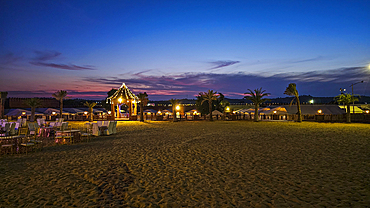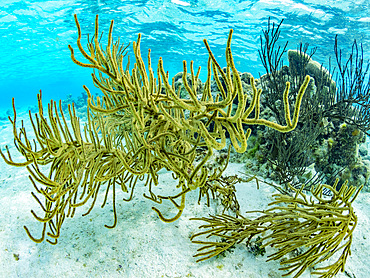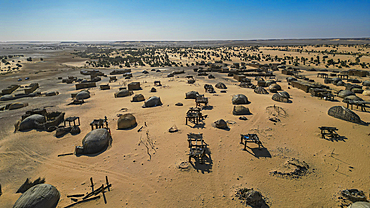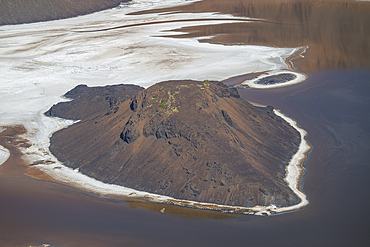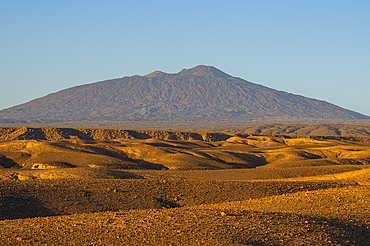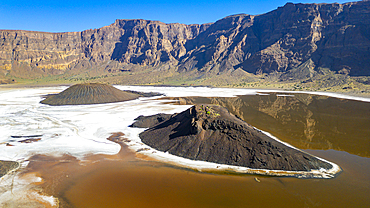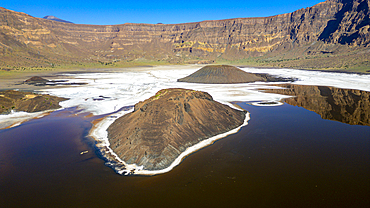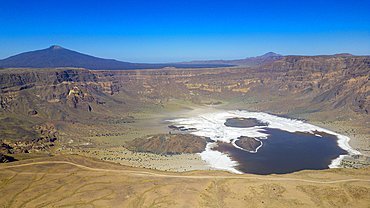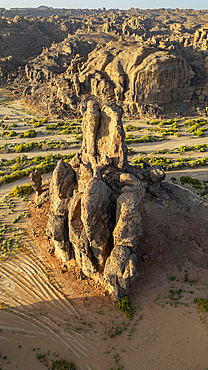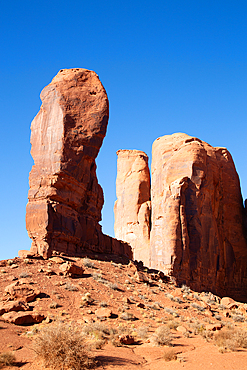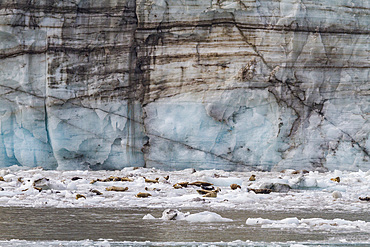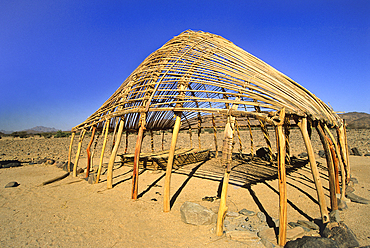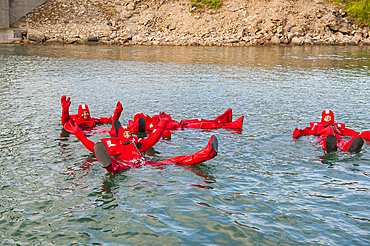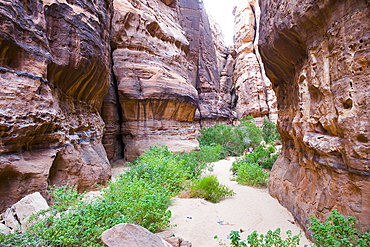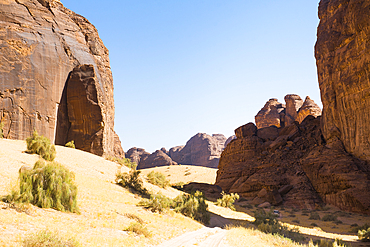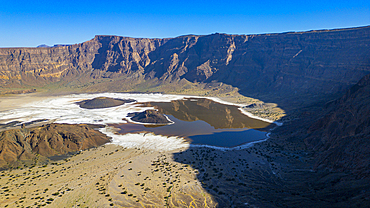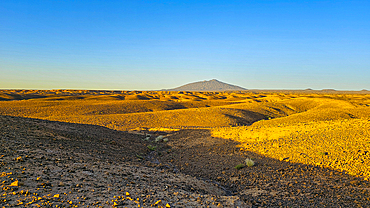Results
« Previous 1 2
133 results found
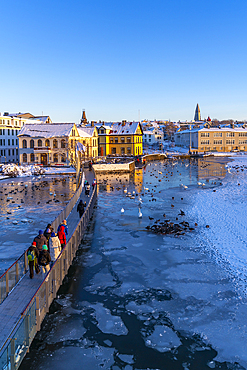
View of swans and ducks with colourful buildings and city skyline in background in the city centre of Reykjavik in winter, Reykjavik, Iceland
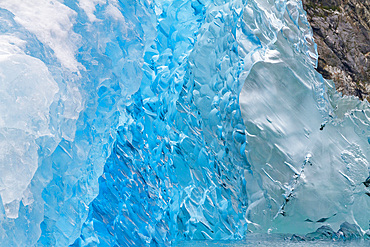
Glacial iceberg detail from ice calved off the Sawyer Glacier in Tracy Arm, Southeast Alaska, United States of America
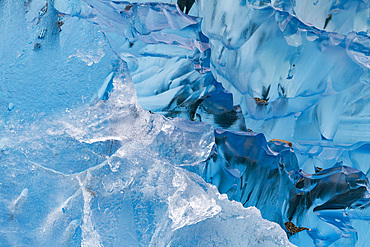
Glacial iceberg detail from ice calved off the Sawyer Glacier in Tracy Arm, Southeast Alaska, United States of America
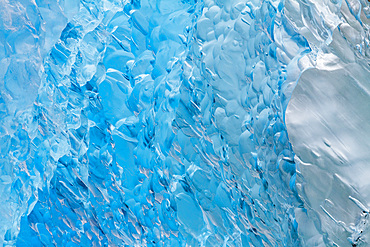
Glacial iceberg detail from ice calved off the Sawyer Glacier in Tracy Arm, Southeast Alaska, United States of America
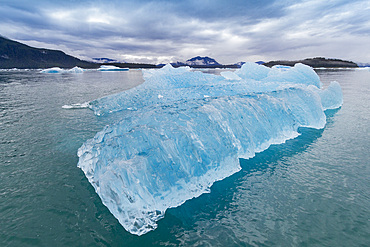
Glacial iceberg detail from ice calved off the LeConte Glacier near Petersberg, Southeast Alaska, United States of America

Kasbah Ellouze guesthouse beside the Ksar of Tamedakhte, Ounila River valley, Ouarzazate Province, region of Draa-Tafilalet, Morocco
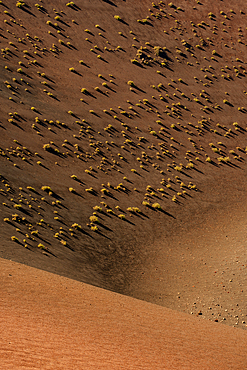
Volcanic landscape with small plants in the Timanfaya national park in Lanzarote in the Canary Islands, Spain
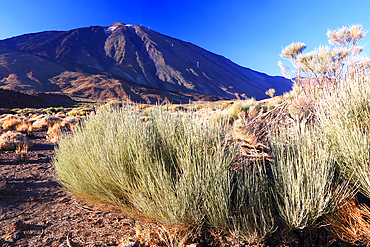
El Teide National Park, UNESCO World Heritage Site, Tenerife, Canary Islands, Spain, Atlantic, Europe
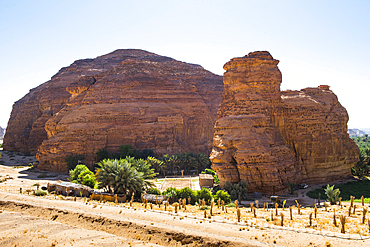
Sandstone cliffs and date palm groves seen from outdoor deck of Airstreams Caravans by Our Habitas, Ashar Valley, Medina Province, Saudi Arabia
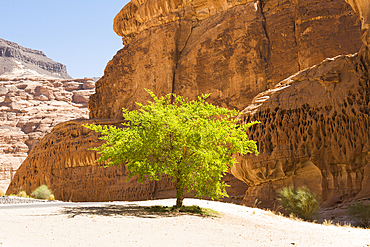
Isolated tree among sandstone rock formation in the desert canyons of the Ashar Valley, Medina Province, Saudi Arabia
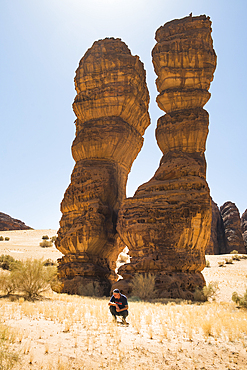
Man squatting beside extraordinary sandstone rock structure called Dancing Rocks, Sharaan Nature Reserve, AlUla, Medina Province, Saudi Arabia
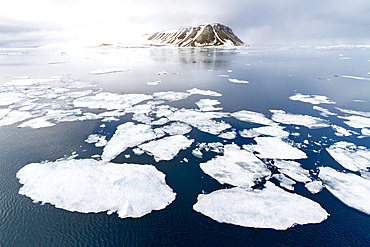
Views of Bjornsundet (Bear Sound), near the island of Spitsbergen in the Svalbard Archipelago, Norway, Arctic, Europe
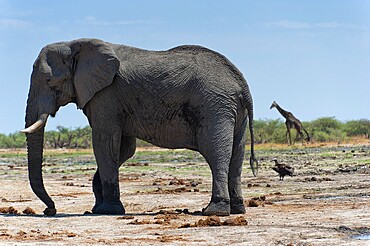
Elephant (Loxodonta africana), giraffe (Giraffa camelopardalis), steppe, aridity, drought, climate change, safari, tourism, travel, Savuti region, Chobe National Park, Botswana, Africa
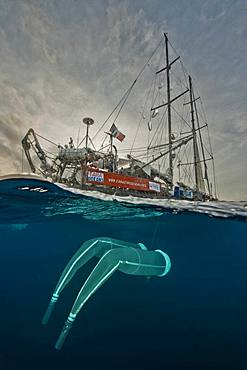
Tara Oceans Expeditions - May 2011. Tara with deployed plancton nets. On "station", the boat is drifting without engine or sails. Tara Oceans, a unique expedition: Tara Oceans is the very first attempt to make a global study of marine plankton, a form of sea life that includes organisms as small as viruses and bacterias, and as big as medusas. Our goal is to better understand planktonic ecosystems by exploring the countless species, learning about interactions among them and with their environment. Marine plankton is the only ecosystem that is almost continuous over the surface of the Earth. Studying plankton is like taking the pulse of our planet. Recently, scientists have discovered the great importance of plankton for the climate: populations of plankton are affected very rapidly by variations in climate. But in turn they can influence the climate by modifying the absorption of carbon. In a context of rapid physico-chemical changes, for example the acidification observed today in the world's oceans, it is urgent to understand and predict the evolution of these particular ecosystems. Finally, plankton is an astonishing way of going back in time ? a prime source of fossils. Over the eons, plankton has created several hundred meters of sediment on the ocean floors. This allows us to go back in time, to the first oceans on Earth, and better understand the history of our biosphere. More than 12 fields of research are involved in the project, which will bring together an international team of oceanographers, ecologists, biologists, geneticists, and physicists from prestigious laboratories headed by Eric Karsenti of the European Molecular Biology Laboratory. Galapagos
